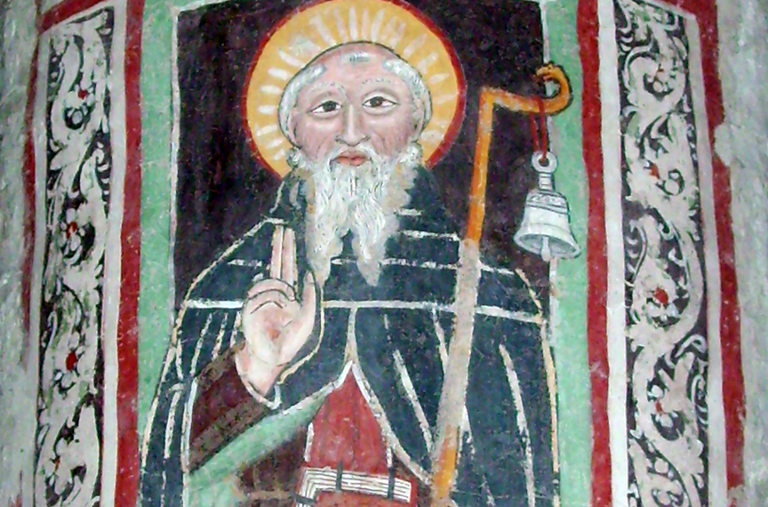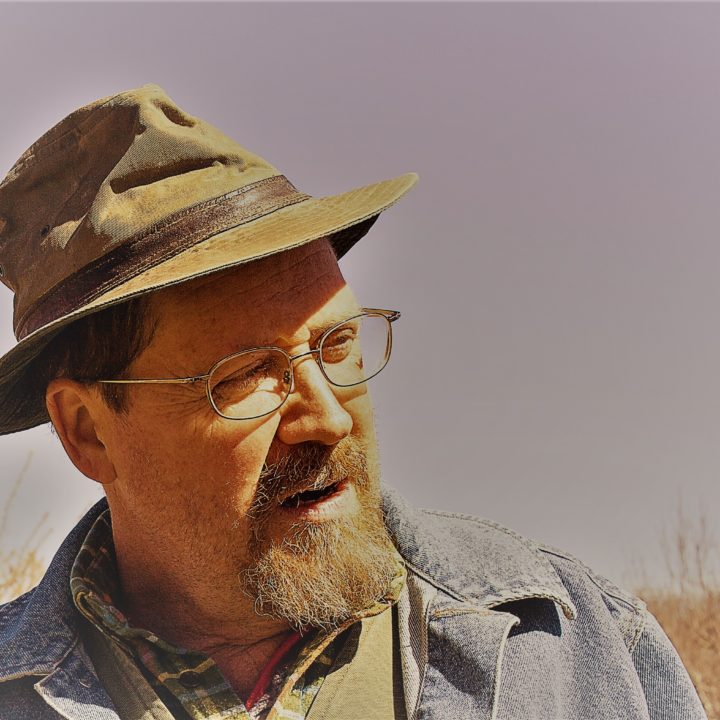In America I encountered sorts of associations of which, I confess, I had no idea, and I often admired the infinite art with which the inhabitants of the United States managed to fix a common goal to the efforts of many men and to get them to advance to it freely. — Alexis de Tocqueville, “Democracy in America,” 1830
Bridge club, supper club, the Optimists, Boys Village, Campfire Girls, visits with shut-ins, hunting club, deacon, and trustee. These are a few of the volunteer organizations and duties in which my father spent his spare time, after work, participating and helping. And they do not include the myriad of professional organizations, as a civil engineer, for which he served on boards for most of his adult life.
Some of the organizations were merely social, but each brought people together in the community in a shared purpose. In referencing Tocqueville, it is a reminder that this predilection for voluntary association is longstanding. It was part of the fabric of our early democracy. It wasn’t a pull-yourself-up-by-the-bootstraps ethic but a banding together to build bootstraps for the many … hospitals, churches, schools, colleges, care for those in need, friendships in likeminded professional and social groups.
That this son has failed to live up to the same standard, I am acutely aware. And it is of small encouragement to note the overall societal trend that keeps me company. For, as Mr. Tolkien said, and I’m paraphrasing here, surely it is more honorable to fight the long defeat with worthy companions.
It has been well documented and dissected by many that civic engagement through volunteer organizations, as well as by church attendance, has dropped off, and continues its descent, to all-time lows. The blame, if it is a blame, falls on everything from an expanded workforce to our easy preference for visual entertainments. Some of this unraveling can be laid at the feet of a greatly enhanced role of government in our lives. Hard to argue for a community effort to build a hospital, school, or bridge when the larger governmental structures can provide necessary funds. Yet, while I will not debate the merits of a more structured safety net, something is nonetheless lost. And that something — the ability to collectively organize at the smallest levels of our society — might be needed again in the future, as resources decline and the consequences of a couple of centuries of fouling our nest begin to pay back in increasing dividends.
Even if Mr. Zuckerberg’s Metaverse brings us the intimate consolations we didn’t know we desired, we are getting closer to finally achieving the complete atomization of the individual, leaving each to his own great loneliness. This isolation from former community I felt keenly while attending the funerals of my parents last month. The church of my childhood, where all knew you, for better and for worse, had changed. It had morphed into a gargantuan entity, now complete with climbing wall and coffee bar that nourish the experiential life, if not the soul. The metamorphosis was so complete that few church members, and none of the 12 (count them) pastors, or any deacon bothered to stop by and offer condolences to the family of a man who had been a faithful and active member since the early 1960s. That both visitations were held in one of the numerous church chapels, down the hall from the administrative offices, made this abandonment of a member more striking. For if a church can’t come together as a community for the death of one of its own, then it is indeed dead as an institution.
Direct on the heels of my despairing over the loss of that particular community, this simple outing happened: I joined Cindy and our most recent farm volunteer for our area beekeeping club’s annual potluck. It was held under a pavilion on a beautiful October evening at the fairgrounds of an outlying rural county. Like my memories of church picnics of old, two long tables offered up dozens of homemade dishes. (We provided a large pot of pork-seasoned collard greens that was emptied by evening’s end). Perhaps 50 of us gathered and talked in common purpose, drew tickets for the lottery of items that all attendees had donated. There was warmth and fellowship aplenty, acknowledgment of new beekeepers who had emerged from their first year with healthy hives, attention called to the new officers of the club, certificates presented to those who had served as mentors — in short, all of those standard small organization activities that most of us have experienced. The club made each and everyone there feel included, gathered around shared goals, something that Tocqueville would have recognized.
The future, by my reading, offers long odds. It’s possible, of course, that my viewpoint is such that, because I farm small I am conditioned to see small; or maybe it is because my anarchistic tendencies are to distrust large solutions. But the knowable scale of small groups working together is to me the essence of our democratic past. Even if, by involvement, we cannot turn the tide, then perhaps our aim should be simply to keep the spirit alive, the muscle memory of collective autonomous action exercised. Maybe we are just Irish monks in a new dark age emerging, copying texts for a future generation to decipher. Yet involvement in where we live is the tapestry of who we are.
We must do better.
I must do better.
Teaser photo credit: By Davide Papalini – http://commons.wikimedia.org/wiki/File:Brugnato-IMG_0141.JPG, CC BY-SA 3.0, https://commons.wikimedia.org/w/index.php?curid=23888790






